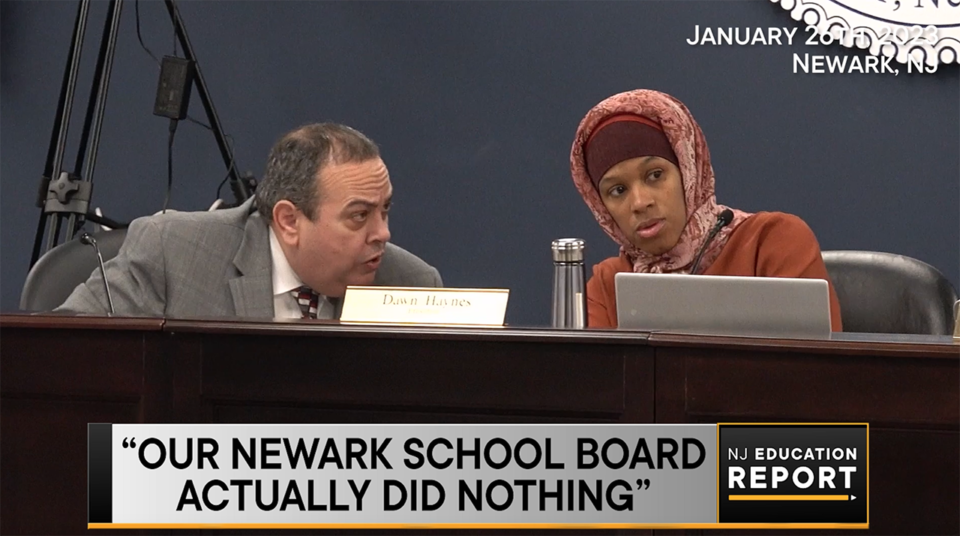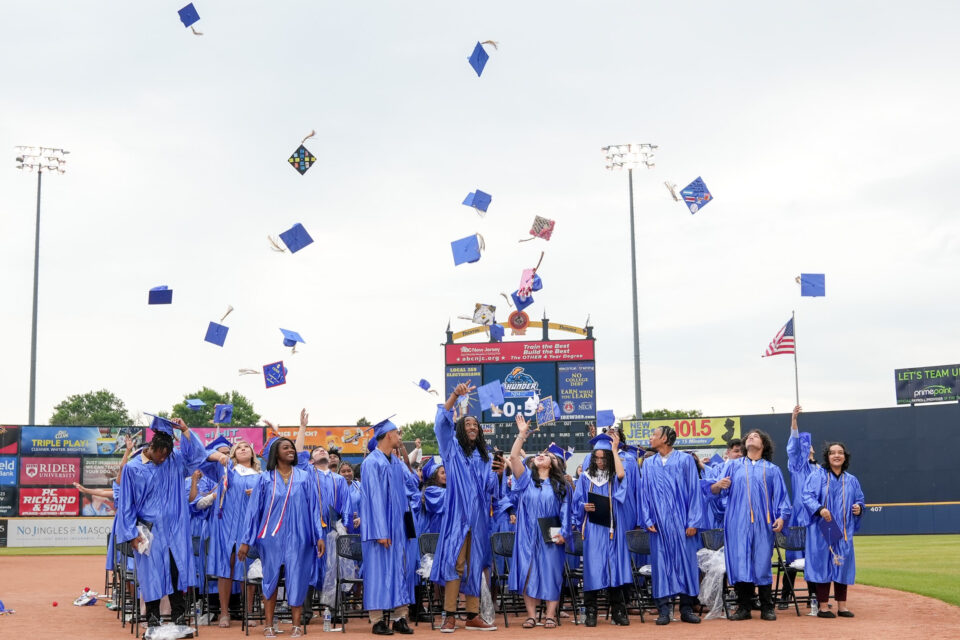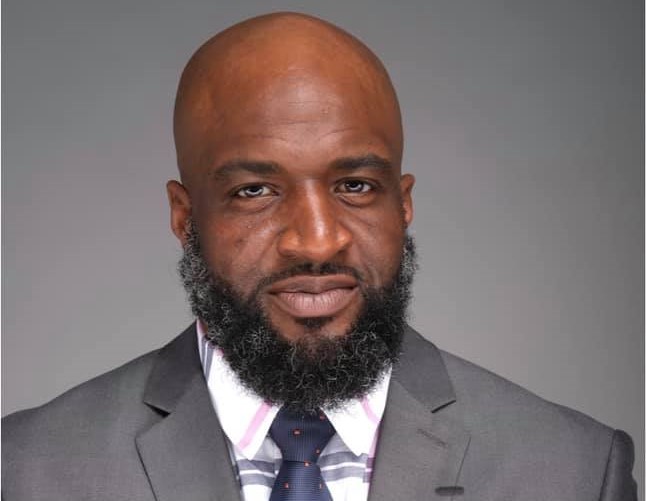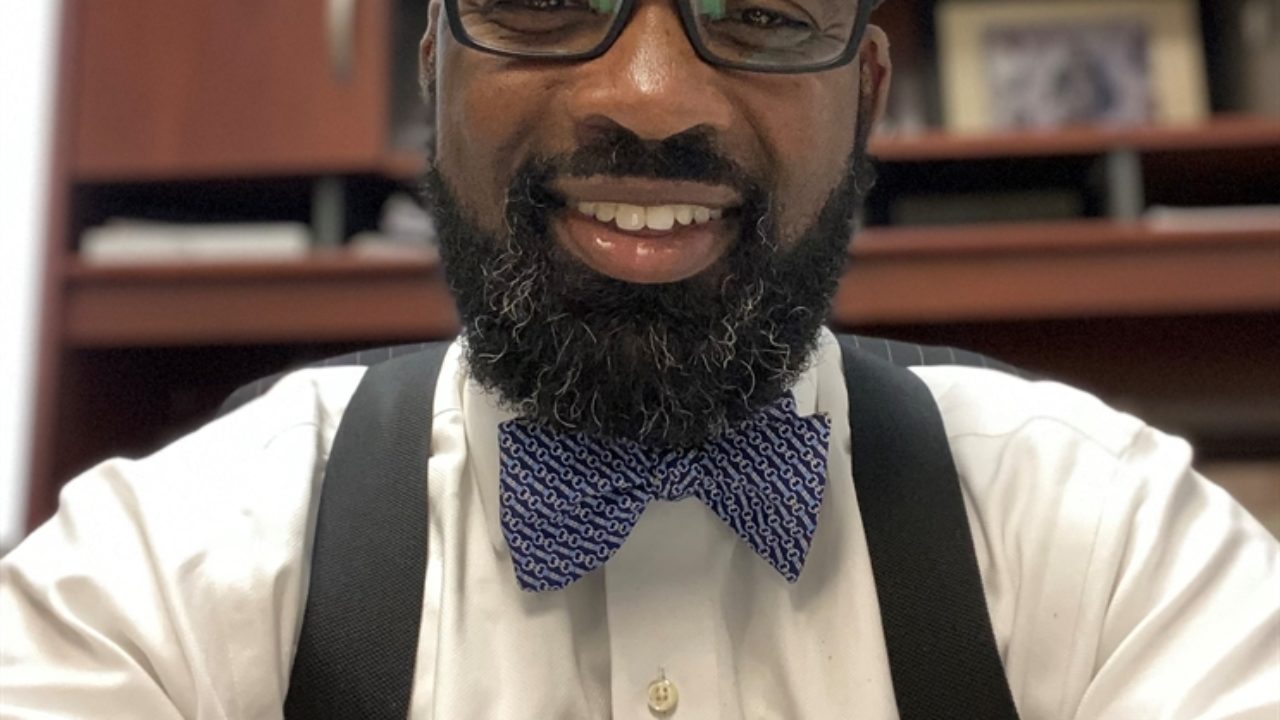
BREAKING: Asbury Park Teachers & Residents Demand State Declare Superintendent’s Contract ‘Null and Void’
March 4, 2022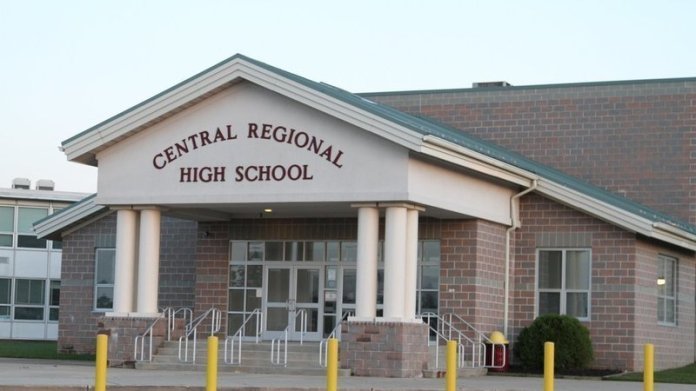
NJ School Board Member ‘Sorry Not Sorry’ About Racist Commentary
March 7, 2022BRAUN-SILVA: Supplemental Learning Is the Key to Combating Learning Loss During Times of Upheaval
Bethany Braun-Silva is the former editor at Parenting.com. She received her Bachelor’s Degree at New York University, where she studied theater arts and creative writing. Her passion is service to the community.
Learning Loss: No matter the age, students can experience it after time away from the classroom —whether it’s a holiday break, summer vacation, or a long stint in virtual learning, like many children have experienced over the past two years. You may even feel similar effects after taking time off work.
As the Global Editor at BYJU’S FutureSchool, I’m passionate about igniting a love for learning in children of all ages. It doesn’t have to be a traditional subject, like history or English: finding passion for any educational subject can strongly enhance a child’s life and help combat learning loss as young students develop confidence in their ability to learn.
To this day, over 616 million students worldwide remain affected by school closures. In 2021, after months of virtual learning across the nation due to the coronavirus pandemic, BYJU’S FutureSchool commissioned The Harris Poll to conduct a survey of 501 pre-kindergarten to 12th-grade teachers across the U.S. who taught remote and in-person classes during the 2020-2021 school year. Findings showed that 9 in 10 teachers believe that for children of all ages, learning gaps can be reduced through one-on-one supplemental learning sessions. The survey also found that over three-quarters (76%) of teachers would likely recommend one-on-one learning courses to parents as they believe it provides a richer learning experience for kids. Almost all (96%) also believe supplemental courses can help keep kids engaged in areas of learning that are of interest to them, subjects that oftentimes aren’t taught within a traditional school setting.
Additionally, 91% of the teachers we surveyed overwhelmingly believe learning gaps can be reduced through supplemental learning. And, over 4 in 5 (83%) believe one-on-one supplemental learning provides a richer learning experience than classroom instruction alone. The optimism for learning loss recovery gives me hope for the future generations of students that have been impacted by time away from the classroom. Supplemental learning is often the key to success here —allowing students to learn a subject they may not have the chance to learn in a traditional classroom or that they fell behind in while remote learning, while also keeping them engaged creatively in moments away from school.
While learning loss is real, it’s important to do what we can to help combat the cards we’ve been dealt as a population over the past two years — most notably virtual schooling. As a mother of two boys working for an educational tech company, I’m proud to have a job that allows me to help students bridge these gaps and bring creativity and exciting educational subjects to children when they need it most.


